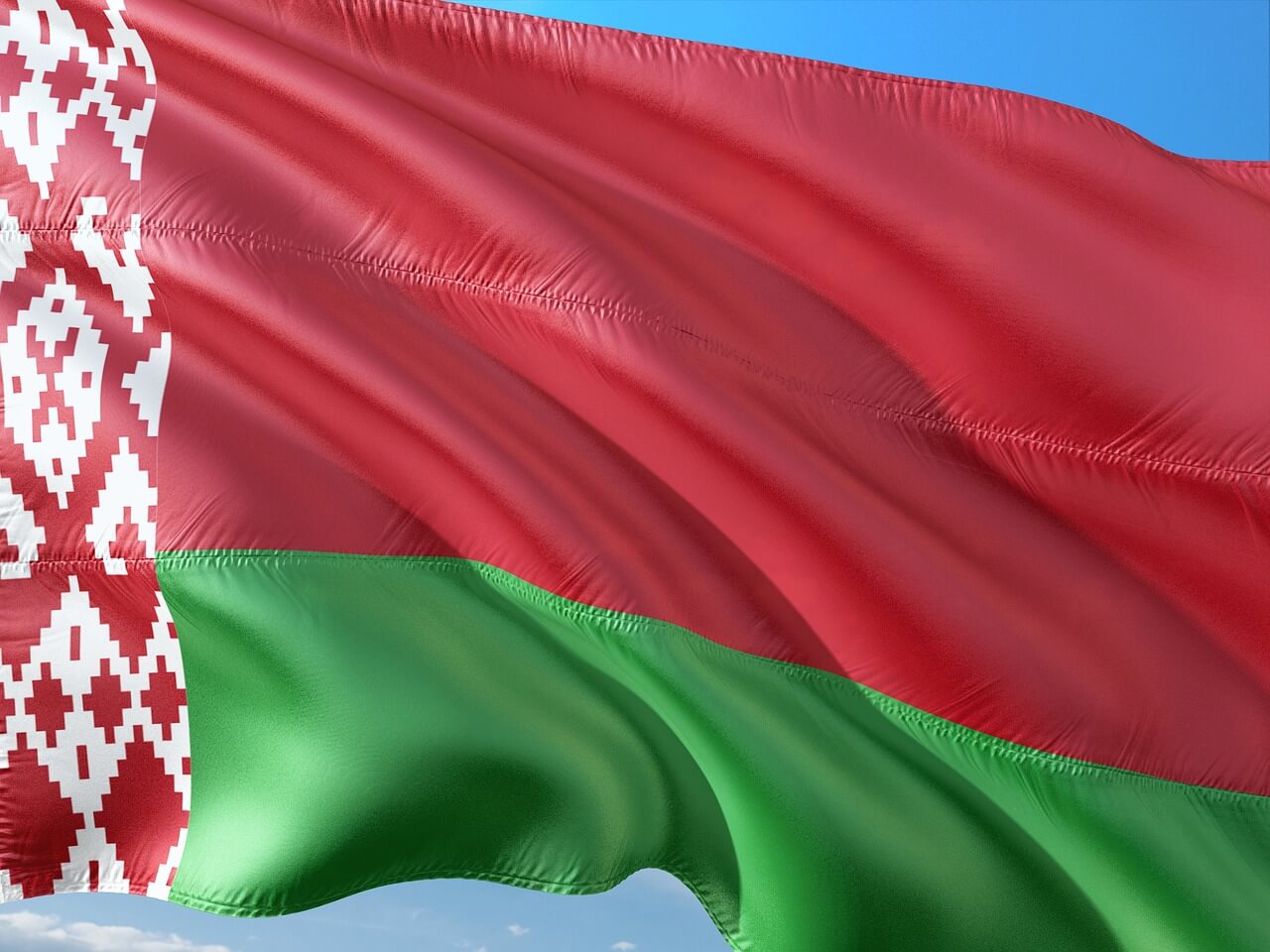
Building on its first Decree No. 8 On the Development of the Digital Economy (December 2017), special economic zone the Belarus High Technologies Park (HTP) has announced the establishment of additional regulations for companies operating in the cryptocurrency and blockchain sector.
The regulatory framework aims to position Belarus as “one of the world’s most attractive destinations for cryptocurrency businesses” and was designed to provide a legal status for tokens and smart contracts, as well as activities related to cryptocurrency mining, buying, selling, storing, distributing and exchanging. Belarus legislators developed the framework in collaboration with Deloitte, Wenger & Vieli, and other advisory firms to make sure it’s aligned with global best practices, according to a press release.
Martin Hess, partner at Swiss law firm Wenger & Vieli, said the Belarus approach to cryptocurrency regulation has the benefit of speed and simplicity because it does not require an understanding of the whole Belarusian legislation, court and legal practice in order to start a business.
“The Belarus approach is different compared to other countries,” Hess said, though “it remains to be seen how the stand alone Belarus regulations will be interpreted and applied. The Belarus regulations will also be assessed in comparison to the relevant legislation for digital assets in other countries.”
“Today, it’s important to ensure that the regulations, their application and interpretation as well as their amendments and developments are equivalent to the legislation of other important jurisdictions such as US, China, European Union, Japan, Korea, Singapore and Switzerland,” he stressed.
Documents published by the HTP on November 30, 2018, define the requirements for various types of crypto-related activities including token promotion and consulting, cryptocurrency exchanges and initial coin offerings (ICOs).
In particular, the new regulatory framework includes:
- Tax exemptions: the Decree No. 8 framework offers tax free treatment of all crypto transactions and ICOs until 2023 for crypto companies set up and operating in Belarus.
- Advanced anti-money laundering laws: under Decree No. 8, Belarus has implemented anti-money laundering (AML) and know-your-customer (KYC) measures to combat fraud in crypto-related ventures. Additionally, cryptocurrency businesses found to be involved in money laundering will immediately be terminated by state authorities, with additional punishments for banks, payment services or any other financial service providers who may have facilitated such crimes.
- Strict data and customer protection regulations: the new regulations emphasize the protection of personal data, implementing structures that guarantee data protection to the same level as the General Data Protection Regulations (GDPR) in the European Union. Cryptocurrency businesses operating in Belarus are required to warn customers of the risks associated with their services, adhere to new advertising regulations, disclose any material information affecting customer security, and implement internal control systems for managing risk, cybersecurity and conflicts of interest, among other issues.
- Heightened business standards: all cryptocurrency businesses in Belarus must meet certain operational requirements, including disclosure of beneficial owners and their meeting reputation requirements, hiring qualified employees, meeting stringent financial stability standards and using technically secure information systems to conduct their businesses. Adherence to all of these standards must also be verified through an extensive audit by a big four accounting firm.
The HTP was founded in 2005 to stimulate IT innovation and attract foreign ventures through a favorable fiscal and legal system. In 2018, over 200 companies joined the HTP as residents, which currently include software engineering provider EPAM, instant messaging service Viber, photo and video filter app Masquerade, and World of Tanks developer Wargaming.
David Baron, chairman of the Belarus-US Business Council, expects more international and US tech and blockchain companies to come do business in Belarus following the establishment of Decree No. 8 and the new regulations.
“Many US IT companies already know Belarus as a place to set up their software development division but Decree No. 8 will position Belarus a top destination for cryptocurrency ventures and value-generating global IT product companies,” Baron said.

